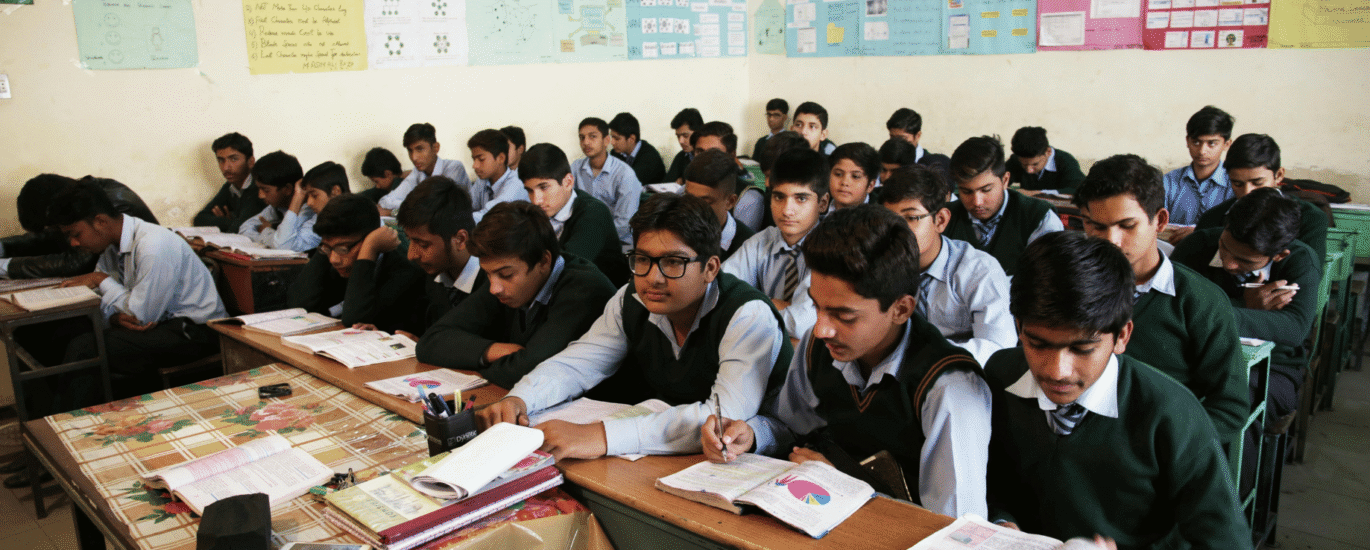Introduction
In the race for marks, careers, and material success, something essential is often left behind—emotional intelligence (EI). While IQ may help one solve complex problems, EQ helps navigate life itself. In India, where societal pressure on students is immense and mental health is still a taboo, the need for emotionally aware and compassionate youth has never been greater.
This article explores the importance of emotional intelligence in students, how it shapes a better society, and what steps parents, educators, and institutions can take to cultivate it.
What is Emotional Intelligence?
Emotional Intelligence is the ability to recognize, understand, manage, and express one’s own emotions while being sensitive to the emotions of others. It involves five key components:
- Self-awareness
- Self-regulation
- Motivation
- Empathy
- Social skills
When nurtured early, these traits not only lead to better academic and professional performance but also to healthier relationships, greater resilience, and ethical decision-making.
Why Indian Students Need Emotional Intelligence
India’s youth face a unique combination of challenges—academic competition, parental expectations, social media pressure, and limited emotional outlets. This often leads to anxiety, depression, bullying, and even rising suicide rates among students.
Here’s how emotional intelligence can help:
- Reduces Stress and Anxiety: Emotionally aware students are better equipped to manage pressure.
- Improves Focus and Decision-Making: Regulated emotions lead to clearer thinking.
- Enhances Relationships: Empathy and social skills improve peer bonding and reduce conflicts.
- Builds Leadership and Responsibility: Emotionally intelligent youth become more community-minded and ethical in their actions.
Emotional Intelligence vs Academic Intelligence
While traditional education systems reward academic excellence, emotional maturity is often ignored. But in the real world, success and satisfaction are determined as much by how you handle failure, relationships, and stress as by your grades.
Studies have shown that 90% of top performers in any field score high in emotional intelligence, while technical skills or IQ contribute to only a portion of their success. Clearly, India needs to shift its focus from “marks-driven education” to “human-centered education.”
How to Build Emotional Intelligence in Youth
1. Redesign the Classroom Environment
- Include activities like group reflections, gratitude exercises, and storytelling circles.
- Replace fear-based discipline with value-based education.
- Celebrate emotional honesty in the same way academic performance is recognized.
2. Emotional Literacy Programs
Teach children the language of emotions. Help them name, understand, and express what they feel—be it anger, fear, excitement, or sadness. Schools can introduce emotional literacy just like they teach grammar or mathematics.
3. Mindfulness and Meditation
Simple breathing exercises, guided meditation, or mindful journaling can greatly enhance emotional regulation and self-awareness. These practices help students pause and reflect before reacting.
4. Encouraging Empathy Through Community Projects
Exposure to different social realities builds compassion. Volunteering, storytelling from marginalised communities, or interacting with the elderly can help youth develop deep empathy and social responsibility.
5. Safe Spaces for Dialogue
Students must have access to counselors, peer listeners, or safe group spaces where they can share without fear of judgment or punishment.
Dhara Chetna Foundation’s Approach to Emotional Intelligence
At Dhara Chetna Foundation, we believe emotional intelligence is the soul of holistic development. Our workshops and youth engagement programs integrate:
- Art-based emotional expression
- Dialogue and debate platforms to build empathy
- Theatre as a tool for emotional exploration
- Leadership tasks rooted in compassion and collaboration
By addressing the inner world of the student, we help build emotionally resilient and socially responsible citizens.
Benefits of Emotionally Intelligent Youth
The long-term impact of cultivating EQ in students includes:
- Reduced mental health issues
- Lower bullying and aggression in schools
- More effective communication skills
- Greater adaptability in the face of change
- Higher emotional resilience in personal and professional life
And most importantly, such youth grow into leaders who lead with empathy, not ego.
The Role of Parents and Society
Parents often overlook emotional intelligence in pursuit of grades or achievements. Here’s how they can support:
- Be emotionally available and model healthy emotional behavior
- Avoid shaming or suppressing children’s feelings
- Encourage open conversations about mental health
- Appreciate effort and emotional growth, not just results
Society at large must also start valuing kindness, empathy, and collaboration over hyper-competition and aggression.
Conclusion: Building a Kinder India Starts with the Heart
India doesn’t just need more engineers, doctors, or IAS officers—it needs kinder humans. Emotional intelligence is not a soft skill; it’s a core life skill. It determines how we live, lead, and connect with others.
By nurturing emotional intelligence in our youth, we are not just preparing them for exams—we are preparing them for life. Let us choose to raise a generation that’s not just smart, but also sensitive.










